Also: Rubber boot homeschool week #12 🙂
My website is all about Torah family living, and homeschooling is a big part of our family life. So, I’d like to take this week, and possibly some future weeks to discuss how I feel Torah affects our homeschool. Just as an explanatory note, we lean very strongly toward Charlotte Mason principles.
Simplicity
Keeping things simple is very important to me. I feel it’s important in Torah, too. The first five books of the Bible can be summed up in two sentences: Love YHVH, and love your neighbor. I’d say that’s pretty simple! The Hebrew language is full of word pictures that all boil down to a man, a woman, a house, and a piece of land. If you want to understand Scripture, look in your backyard. That’s pretty simple. The Torah is full of patterns. Patterns help us organize and simplify.
How do I keep school simple?
This question will have different answers in different homes. This is what our answer looks like.
- We keep things short.
- We do not have a stack of fifty books, ie, I believe less can be more.
- We do not have several subjects. We only have Bible, History, Science, Reading/writing, and Math.
- I read out loud and the kids then: a) narrate back what they learned b) notebook about what they learned or c) color a picture.
- We all study the same material together. Reading and math are different, of course.
Torah in everything
Torah is life. It is like our every breath. Every topic has a connection with Torah. We do not study Torah, set our Bible aside and then begin our other subjects.
Since I began my Torah journey 5 years ago, I have learned a few things. You see, truth doesn’t need defending. Truth will stand up to opposition. It can take a challenge. If something cannot withstand scrutiny, then it is not truth.
If Torah is truth, then every other school subject will back it up. What we learn in history and science should demonstrate the truth we first see in Torah.
For example:
- People are both black and white. There are heroes on both sides of a war. There are bad guys to be commended for their commitment to their beliefs. There are good guys that make mistakes. We see this in Torah first. When we study history, we must compare it to Torah. We read about the Peloponnesian War. (I actually had to look up that spelling!) The kids asked who won. Well, when we look at it fairly, no one won, because both sides were ruined and never returned to their former glory. They had both been selfish, and didn’t stop until the other was destroyed. Selfishness doesn’t get us anywhere, and we learn it from Torah first, then history.
- Science is full of Torah principles. We can look at the obvious, such as the medical reasons for not eating pork. Science figured it out, but Torah said it first. 🙂 We learn that we reap what we sow. When we learn about plants, we can see that Torah had it right.
I try to point out Torah principles in all our other studies. I don’t beat them over the head with it, but it has become second nature to bring up the question, “What does Torah say about this?”
Suddenly the playing field can look quite different when we realize that this particular Greek did his best to help his neighbor, even though Greeks as a whole were not worthy of emulating. Each person is treated individually and shows us his character by his actions. Yes, the Greek still worshipped pagan deities, so we like to say that he kept some of Torah by accident. Yet, his actions give us yet another example of how to live Torah out in daily life.
Speaking of the Greeks, the opposite also holds true. When we briefly covered the various Greek gods, my children were quick to recognize how ridiculous the gods were, and how awful it must be to serve a mean and cruel god. I didn’t have to teach this; the truth is glaringly obvious.
I am trying to give my children the ability to wield the sword of truth. I do not intend to protect them from everything. I intend to equip them to handle whatever life dishes out. This means that they need to be able to look at any situation, any person, any teaching, and see how it lines up with Torah. This is not memorize history dates, recite latin names, fill in the blank type school. This is discernment practice, and they will use it every day for the rest of their lives. (Just as a note, we don’t typically memorize history dates, recite latin names or fill in blanks. Well, only if it is truly useful. 🙂 The wonderful thing about homeschooling is that my children can learn discernment and wisdom with my direction as they are growing. When they are adults, they will have many years of practice behind them.
Comparing everything to Torah is much easier when our books read like a story. It’s hard to take the fact that Christopher Columbus sailed in 1492 and compare that to Torah. But if we read his captain’s log and see how he responded to various situations, how he treated his men, what he truly believed, then we can compare with Torah. That is why I love to use living history books. The people are real and deal with real life. (You will be hard pressed to find a textbook in our school.)
By the way, I just came across a great site full of living history, heritage-history.com.
Well, I think we will need another post! 🙂 I hope this will be helpful to you, and if you have any questions about including Torah in your homeschool, please feel free to ask!



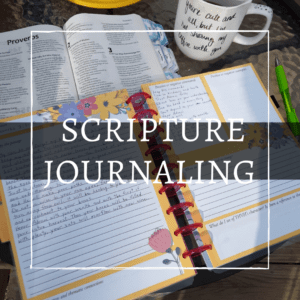
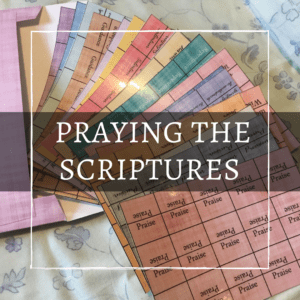





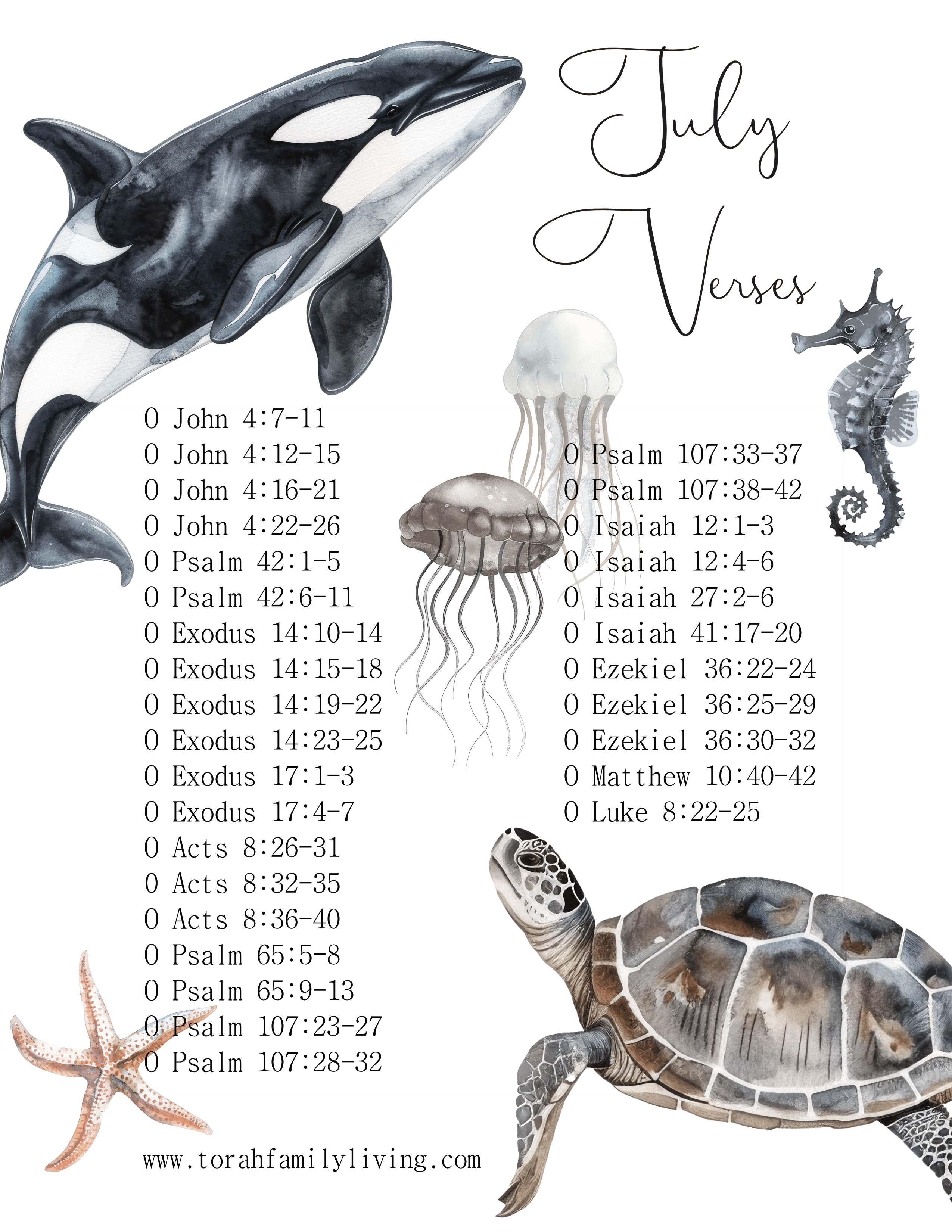

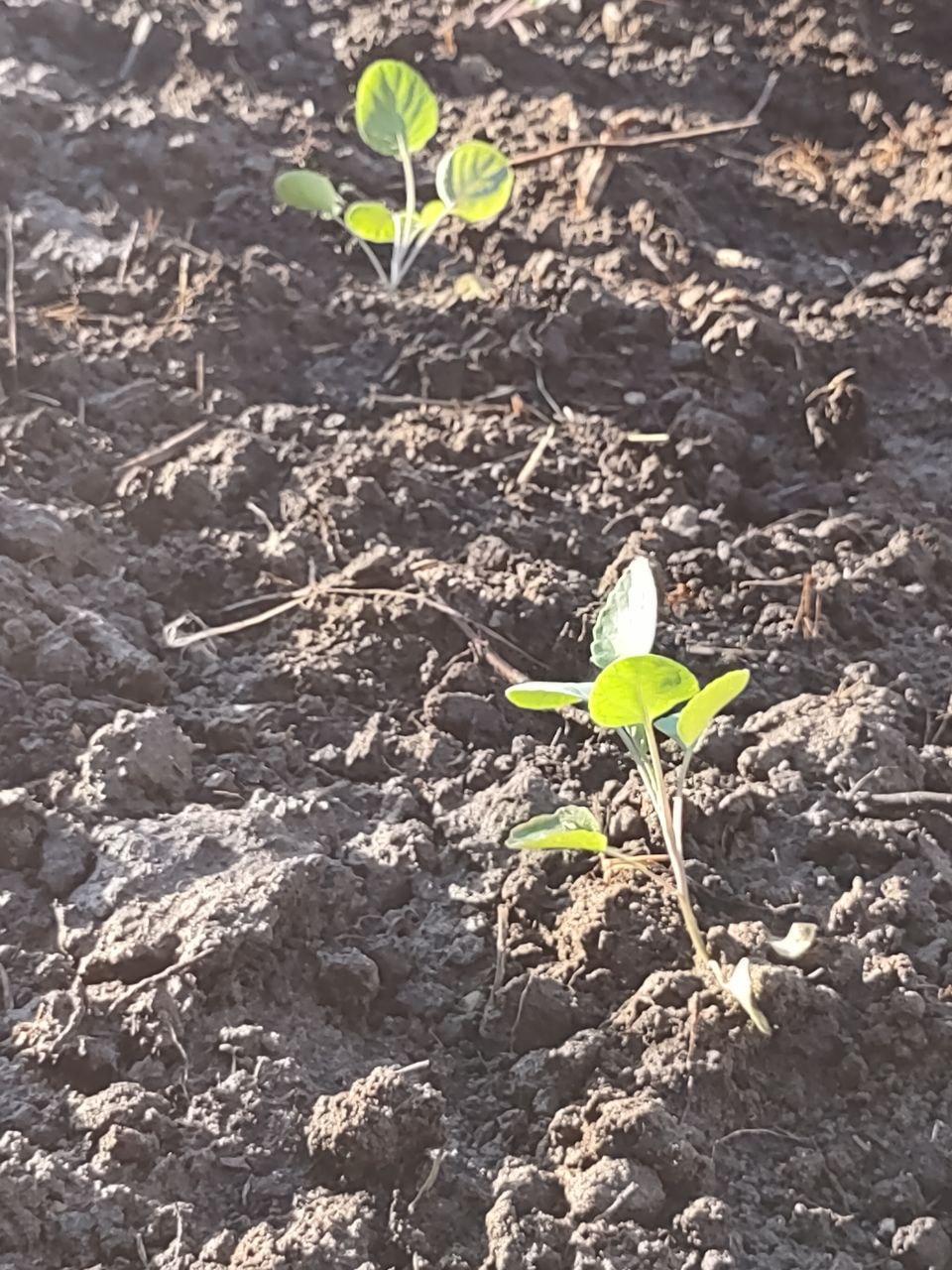
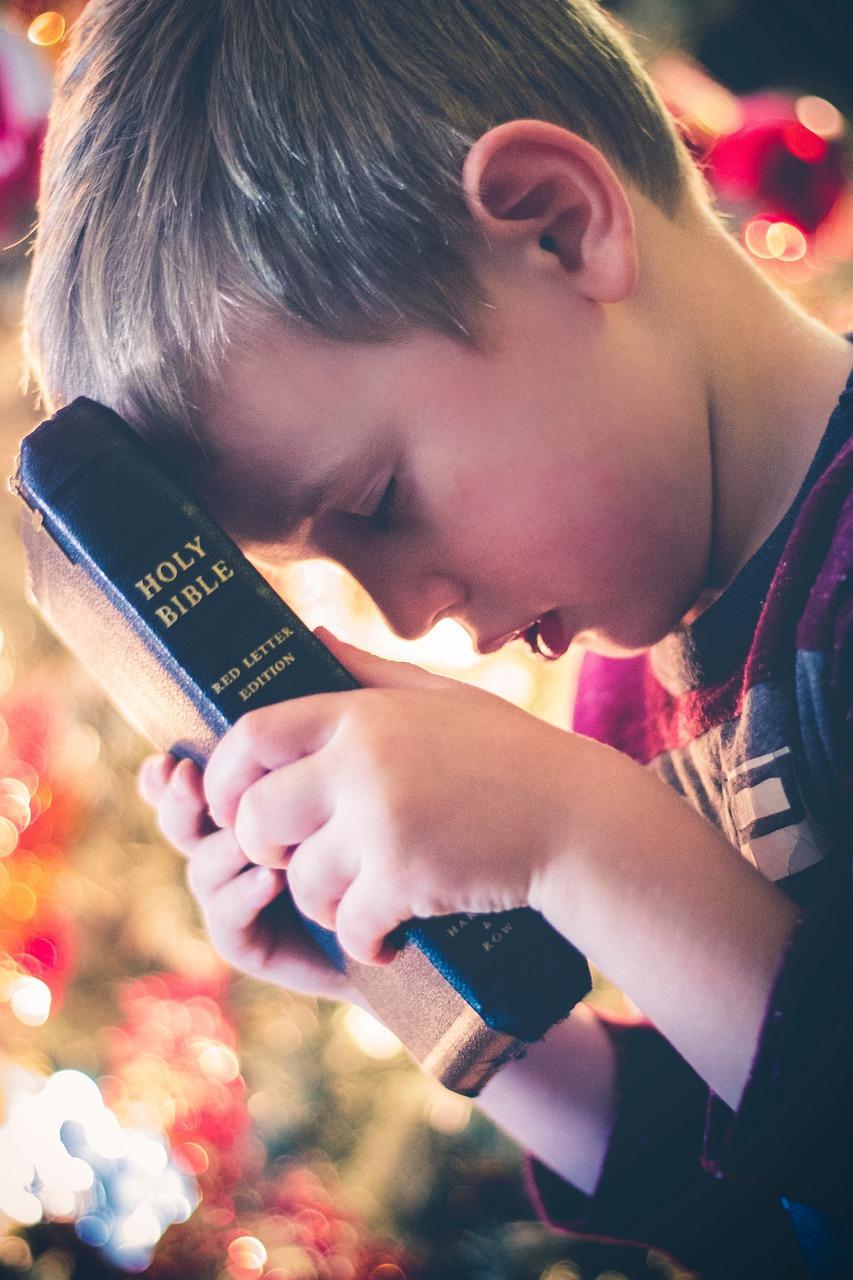

3 Responses
My daughter just turned 3, and we just started our Torah journey. my question, is how do I start teaching Torah at this level (I’m not feeling very confident with her at this age, she’s very smart but has such limited attention span it makes teaching anything hard!) do you have any tips for me? I know with time she will catch alot of what we are doing now, but should I just rely on that? Any tips for this age would be appreciated!! ~Anna
Hi Anna! I would try reading the My First Torah portion for each week. It has three pages, and you could try reading one page each day during the week. Does she like to color? You can get coloring pages to go along with the Torah portion at http://www.aish.com. Don’t sweat it too much, she will learn more as she grows. At Torah School, we also sometimes post a fun song that she might enjoy. You can find all these links every Saturday night in my resources post for the next week. Hope that helps! So glad to have you here! – Heidi
Great post Heidi ~ very encouraging to me and I am looking forward to reading some more!